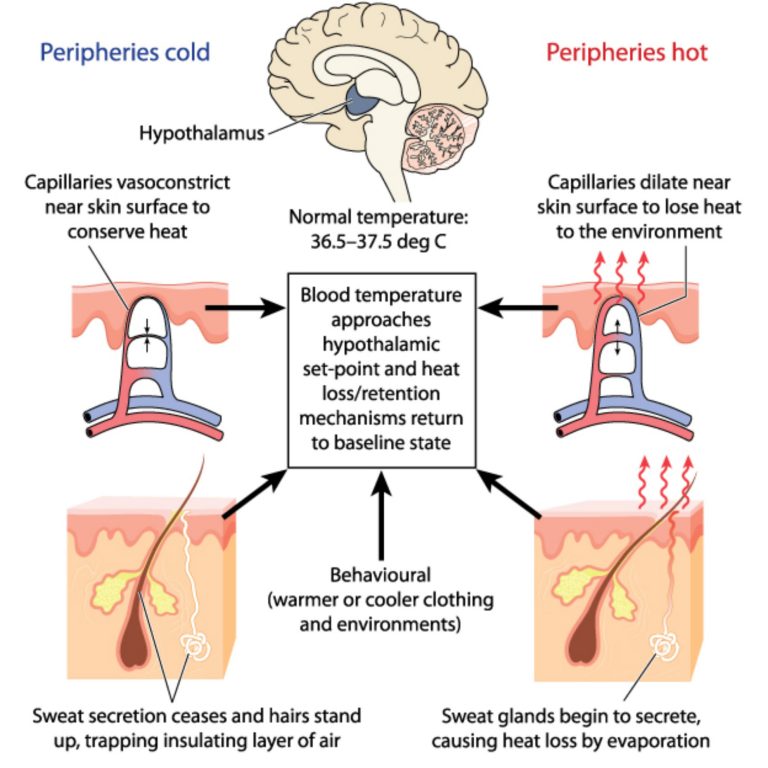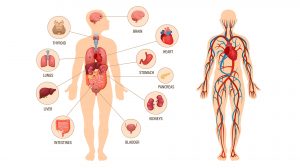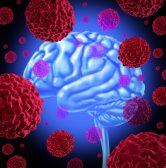Temperature Regulation in Animals

Body temperature regulation by the hypothalamus, such as by causing constriction or dilation of skin capillaries and by sweat production
Table of Contents
Control of Temperature in Homeotherms
Animals capable of temperature regulation within a given range are deemed homeotherms (alternatively homiotherms or homotherms). They have the ability to regulate temperature via negative feedback control.
Temperature is controlled in a variety of ways in these animals.
The hypothalamus once again acts as a receptor in regulation, by detecting fluctuations in temperature. These receptors are better known as thermoreceptors.
Skin also possesses thermoreceptors which can detect the temperature of the external environment. This information is relayed to the hypothalamus which can, in turn, transmit nerve impulses for corrective mechanisms to occur
Corrective Mechanisms in Temperature Control
Increased sweating is a corrective response aimed to reduce the temperature of the organism.
Vasodilation is a corrective response where the blood vessels close to the skin surface become more dilated, meaning there is a larger surface area for heat to be lost of the external environment from the blood vessel carrying over-heated blood.
Vasoconstriction is the opposite of this and occurs when temperatures in an organism drop. The blood vessels become constricted so that minimal heat loss occurs.
The hairs on your body also play an important role in temperature regulation. A corrective response can occur where the hairs ‘stand on end’, and trap a layer of air between the hair and the skin. This insulation of warmer air next to the skin reduces heat loss, while a thin layer of insulation would increase heat loss.
Other corrective mechanisms are involved, such as a drop in metabolic rate and shivering when temperatures drop.
The next tutorial looks at special species, such as indicator species and endangered species.
You will also like...

Roots
This study guide tackles plant roots in greater detail. It delves into the development of plant roots, the root structur..

The Human Physiology
Physiology is the study of how living organisms function. Thus, human physiology deals specifically with the physiologic..

Types and Causes of Brain Damage
This tutorial describes the different types and causes of brain damage. Find out how genetics, physical injury, lack of ..

Darwin and Natural Selection
This tutorial investigates the genetic diversity in more detail. It also delineates how certain alleles are favored over..

Gene Action – Operon Hypothesis
Learn how the way genes control and determine every aspect of the body. This lesson uses lac operon as an example. ..
..

Genetics – Lesson Outline & Worksheets
Topics Modules Quizzes/Worksheets Description Introduction to Genetics Genetics – Definition: Heredity and ..
